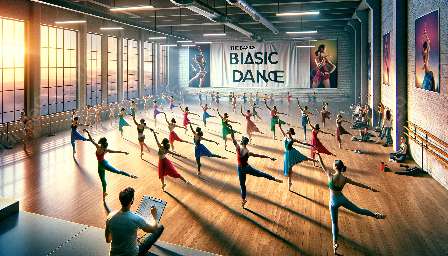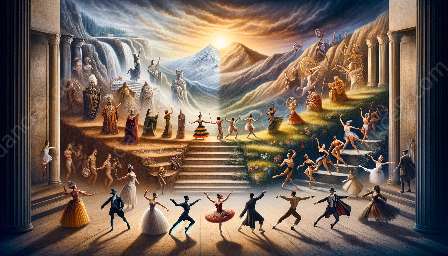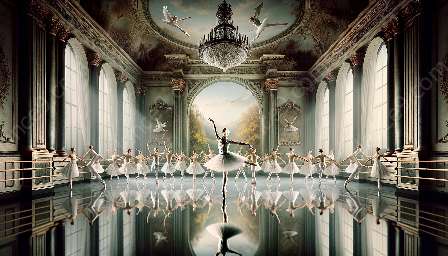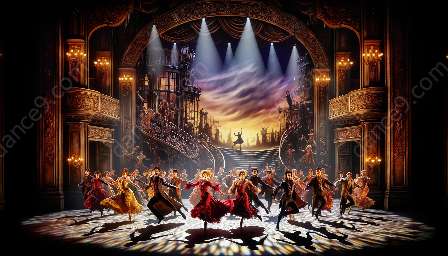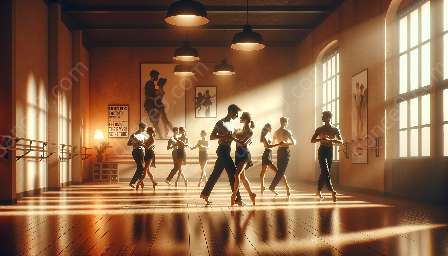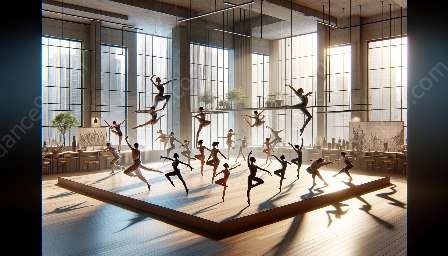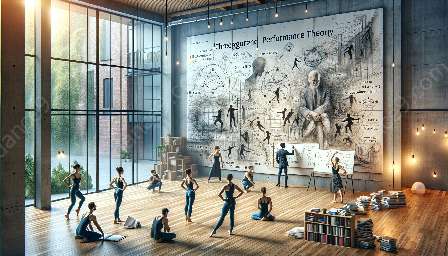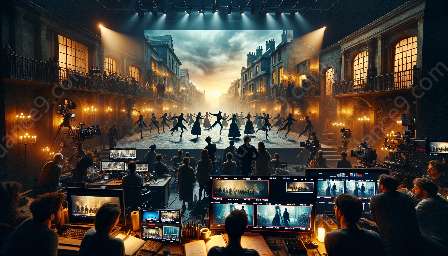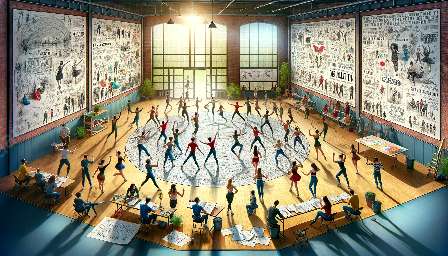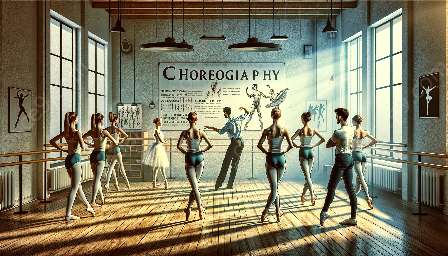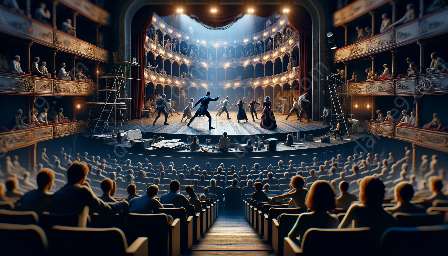Mentorship plays a significant role in shaping and nurturing the development of solo choreography talents. Choreography is a form of art that requires creativity, technical skill, and a deep understanding of movement. When it comes to solo choreography, the process becomes deeply personal and demanding, often requiring a unique set of skills and mindset. In this article, we will explore the ways in which mentorship can impact the growth and creativity of solo choreographers.
The Role of Mentorship in Solo Choreography
Mentorship provides solo choreographers with invaluable guidance, support, and constructive feedback. It allows emerging talents to learn from experienced professionals in the field, gaining insights and knowledge that can significantly impact their creative journey. Mentors can offer technical expertise, share personal experiences, and provide encouragement, thereby helping solo choreographers navigate the complexities of the art form.
Fostering Creativity and Artistic Expression
One of the most significant impacts of mentorship on solo choreography talents is its ability to foster creativity and artistic expression. Through guidance and mentorship, emerging choreographers can explore new techniques, experiment with different styles, and push the boundaries of their creativity. Mentors can inspire solo choreographers to think outside the box, encourage them to embrace their unique artistic voice, and challenge them to develop innovative choreographic concepts.
Developing Technical Proficiency
Effective mentorship can also contribute to the development of technical proficiency in solo choreography. Mentors can provide targeted training, helping choreographers refine their skills, enhance their understanding of movement dynamics, and improve their overall performance quality. By sharing knowledge and expertise, mentors empower emerging talents to elevate their technical abilities, ultimately enabling them to create compelling and impactful solo dance pieces.
Building Confidence and Resilience
Furthermore, mentorship plays a crucial role in building confidence and resilience in solo choreography talents. The journey of creating and performing solo choreography can be daunting, and self-doubt may often accompany the process. A mentor's encouragement, support, and belief in the artist's capabilities can significantly enhance their confidence, helping them overcome challenges and setbacks with resilience.
Facilitating Career Development
Ultimately, mentorship can greatly impact the career development of solo choreography talents. By providing professional guidance, constructive critique, and networking opportunities, mentors can assist emerging choreographers in navigating the competitive dance industry. Through mentorship, solo choreographers can gain access to valuable resources, establish meaningful connections, and set themselves on a path towards success in their artistic endeavors.
Conclusion
In conclusion, mentorship has a profound impact on the development of solo choreography talents. It plays a pivotal role in nurturing creativity, refining technical proficiency, building confidence, and facilitating career growth. Aspiring solo choreographers can greatly benefit from seeking mentorship, as it not only enhances their artistic abilities but also provides them with the support and guidance necessary to navigate the intricate world of dance. By recognizing the significance of mentorship in solo choreography, we can empower emerging talents to flourish and make lasting contributions to the world of dance.

